Society of Scholars
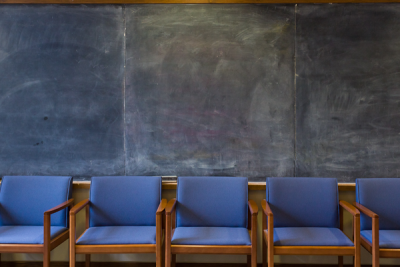
The Society of Scholars is an intellectual community of humanists of diverse generations, academic ranks, and departmental affiliations who contribute to and learn from one another’s work. Each year, approximately eight faculty and three dissertation research fellowships support members of the Society of Scholars. Scholars in year-long residence at the University of Washington may be invited to participate as well. The group meets biweekly throughout the year to discuss their research in progress.
Apply for the Fellowship (Faculty)
2025 - 2026 Society of Scholars
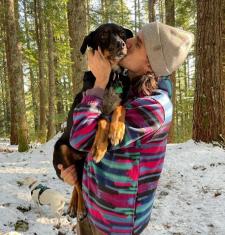
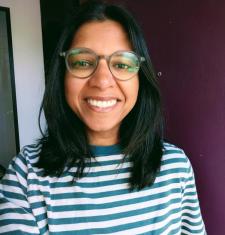
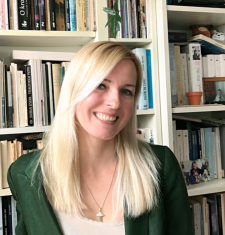
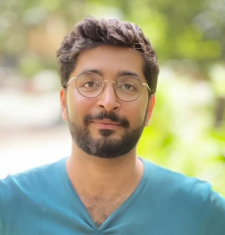
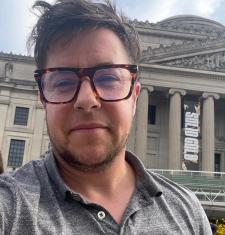
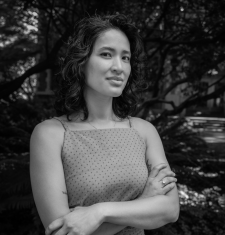
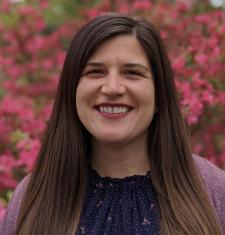
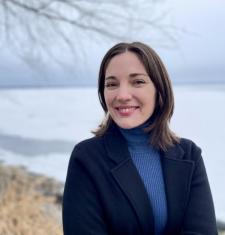
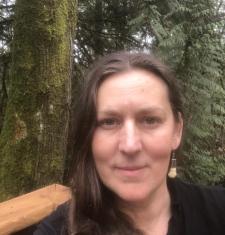
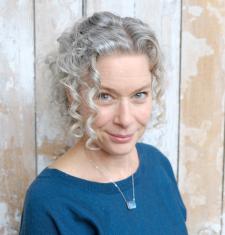
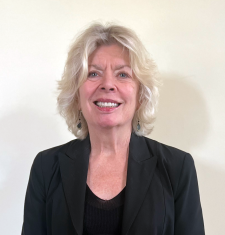
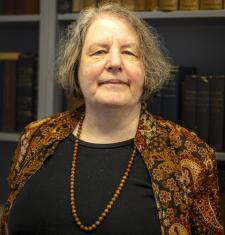
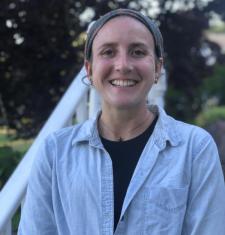
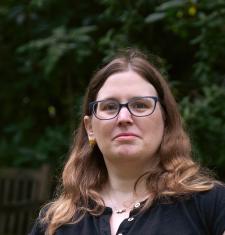
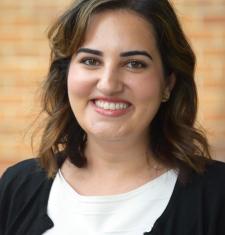
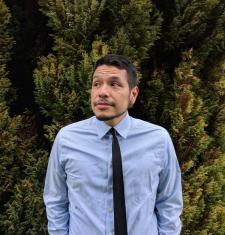

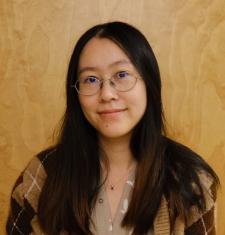
2020 - 2021 Society of Scholars Fellow
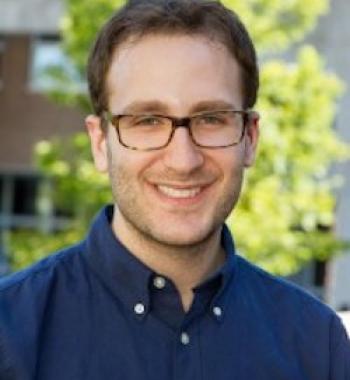
Daniel Bessner (he/him/his)
Empire without Limits: The End of the Cold War and the U.S. Rise to Global Primacy
The last thirty years of U.S. foreign policy have been an unmitigated disaster. Despite "winning" the Cold War, catastrophic U.S. interventions in Afghanistan, Iraq, and Libya have destabilized the world and ruined the lives of millions of people living abroad. This book will examine what went wrong after the Cold War by asking why so many Americans embraced a unilateral grand strategy in which the United States was considered the font of wisdom and the necessary guarantor of global peace and prosperity. In particular, it will trace the intellectual development of several thinkers from across the political spectrum, including Francis Fukuyama, Samantha Power, Andrew Bacevich, Condoleezza Rice, and Samuel Huntingon. By exploring how these individuals responded to the end of the Cold War, this book will highlight the ideas and thought processes that undergirded the "unipolar moment" and set the stage for disaster abroad.